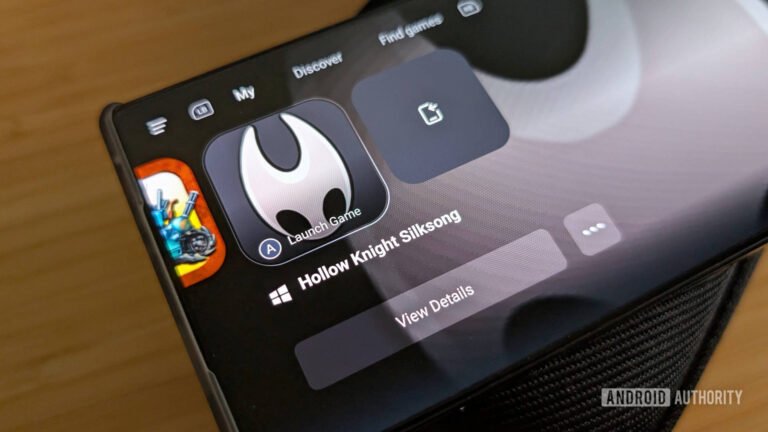

The Google app on Android is finally about to get a feature iOS users have enjoyed for years. We are talking about a fast, intuitive way to perform a private search. More specifically, Google is currently testing a new “incognito mode” capability. This will give Android users front-and-center control to disable history for individual queries.
The upcoming update aims to directly address user friction. Currently, initiating a private search on Android often means opening Chrome, deliberately entering Incognito Mode, and then returning to the Google app. The new feature cuts out this multi-step dance.
Google working on an incognito search mode for Android’s Google app
The new feature (spotted by Android Authority) has the “History Off Search” name in early builds. It will likely appear as a prominent toggle right above the keyboard when a user begins typing in the main Google app. This placement makes privacy an easy, one-tap decision when searching sensitive topics.
The clever part of the implementation is the end-to-end privacy flow. When a user activates the toggle and executes a search, the results do not appear within the Google app itself. Instead, they launch immediately in a Chrome Custom Tab that is automatically set to Incognito Mode. This context carries forward even if the user chooses to open the page in the full Chrome browser.
While the name “History Off Search” is accurate, it may confuse users who are already familiar with the universally understood term “Incognito.” As this feature is still in beta, Google might change the name before its official widespread release.
Privacy: Knowing the limits
This long-awaited Android update arrives as digital privacy faces intense scrutiny. Surveys show a majority of users misunderstand what Incognito Mode actually protects. It is important to understand the limits of this new feature. Private search modes excel at local cleaning, stopping the saving of search and site history on your device and in your Google account for that session, protecting against casual snooping.
However, “Incognito” does not equal anonymity. It will not mask your IP address or prevent your Internet Service Provider (ISP) from tracking your activity. Corporate or school networks can often still monitor incognito browsing. For true anonymity or network-level protection, users need additional tools, such as a Virtual Private Network (VPN).
This latest step is part of a broader Google effort to integrate privacy controls across its ecosystem. The company already includes Incognito modes in both Chrome (with biometric locking) and Google Maps. Let’s hope that the new toggle doesn’t take long to reach Android users.
The post Android’s Google App to Finally Get Dedicated Incognito Search Mode appeared first on Android Headlines.






